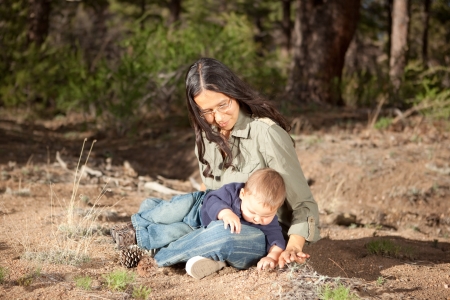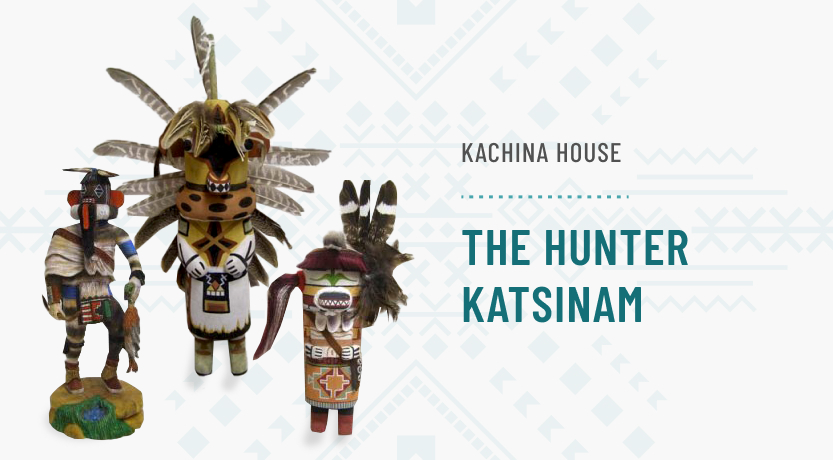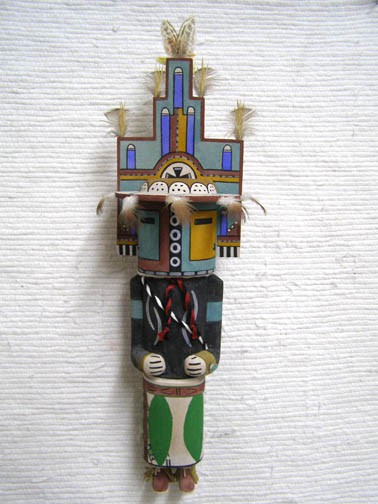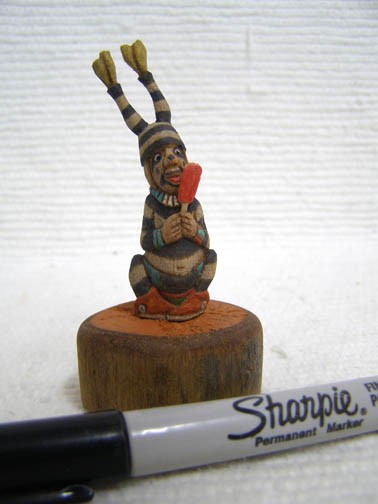
Hopi legend has it that a wise farmer once said to his people, “This is not about growing vegetables; it is about growing kids.” The Hopi are known for their sacred agricultural customs which honor the lives of newborns. The birthing ritual is a long and intricate process that continues to be told through story today.
The corn plant is of great significance to the Hopi people; considered a living entity, they refer to the crop as “corn mother.” The sun is considered the father, and together the solar god and corn mother unite to oversee the glorious birth of a baby.
In accordance with the birthing ritual, an ear of corn symbolizing the corn mother is placed beside the baby for 20 days. During these 20 days, the infant is kept in darkness, even though the child is of this world, it is still under the protection of corn mother and sun father.
Lines of cornmeal are painted as protection on the walls and ceiling of the baby’s room. If the baby was born at night, four lines were painted. If during the day, the lines were painted the next morning to mark the passage of the baby into its physical and spiritual home created for him or her on earth.
Over the next five days, the baby is washed in cedar water and is scrubbed with cornmeal. After the baby is cloaked in cedar ashes, the mother drinks the cedar water to honor her infant. During the fifth day of the ritual, one cornmeal line is removed from the ceiling and each of the walls, representing the story of creation. On every fifth day, this gesture is repeated, and the line of cornmeal is preserved in a shrine housing the baby’s umbilical cord.
By tradition, this activity continues for nineteen days, and the entire extended family works in darkness during this period until the corn mother names the child by passing the ear of corn multiple times over the infant. The ritual ends with the mother cradling the baby in her left arm and right hand as she walks toward the sun rising in the east. She holds the baby up to the warmth of the sun to introduce the newborn to its father. This marks the final birthing passage into life.
Kachina House honors and respects the Hopi culture that makes Northeastern Arizona rich and vibrant. We have a beautiful array of hand-crafted Hopi items for sale on our site.




